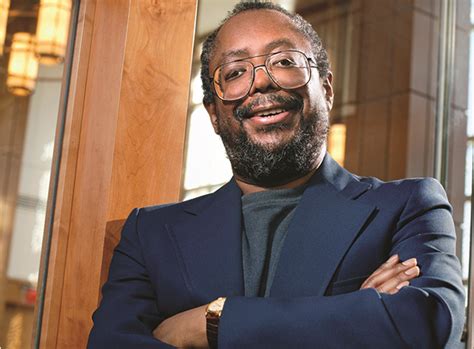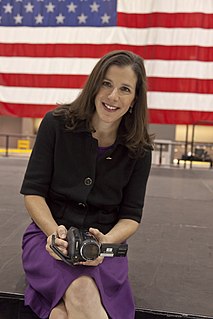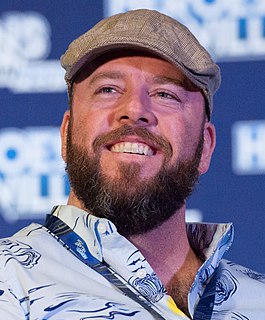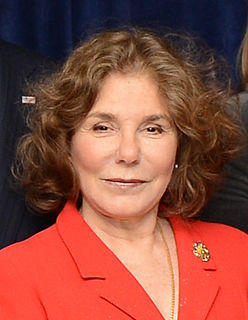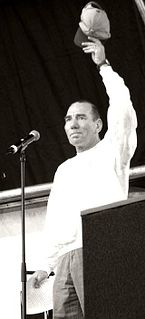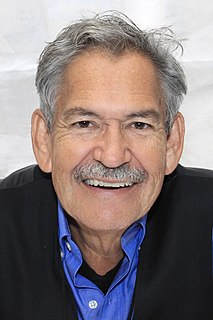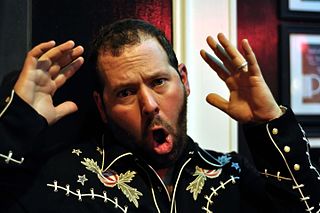A Quote by Julianna Baggott
What does it mean to be Catholic and not a Catholic? I feel adrift, homeless. My Catholic imagination allows me to see the soul as a lit breath, seeking the divine. It persists.
Related Quotes
I am Catholic but I want to say something to the Catholics. Thank you for some of the bishops who live in rural areas, and are still Catholic. These bishops of the Catholic churches still pray for the poor, and pray for their president who works for the poor, while the leaders of the Catholic Church only defend oligarchy.
I was nurtured in the church; I went to a Catholic school; I was an altar boy; I went to a Catholic university; I was steeped in the moral tradition of the Catholic Church. My Catholicism plays a very strong role. But I thought President John F.Kennedy answered rather well when he said that ultimately my conduct as a public official does not come ex cathedra from Rome; it comes from my conscience.
I'm an ex-Catholic priest. I have such a complex relationship to Catholicism. On the one hand, if I called myself a Catholic it would have to be a very unorthodox one, as I just don't believe all of the teachings of the Church. But on the other hand, I'm an educated man because the Catholic Church educated me. It gave me something that is really important to me. So I always think about my faith. I always have it, and sometimes I can't talk about it, and sometimes I can. I am like an adolescent in that way. Teens are asking questions: who is God and what does it mean to have faith?


